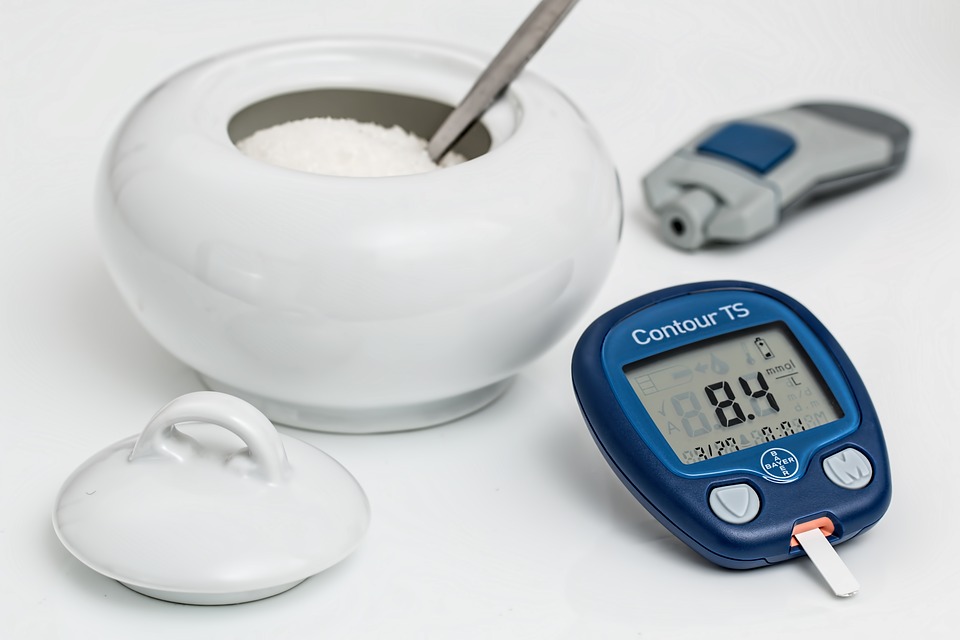Natural Methods for Managing Your Blood Sugar
Image credit: Pixabay.com

Growing old is a natural part of life. Because everyone gets old eventually, we should learn to embrace aging rather than fear it. Unfortunately, modern lifestyles and diets have made it harder to age gracefully. The abundance of food high in trans fats, processed sugars, and much more takes a toll on our bodies, leaving us more vulnerable to dietary and lifestyle diseases.
It’s high time that we as a society took aging seriously. Our previous article on ‘How to Take Care of Your Liver’ touches on this by listing out small lifestyle changes that can help keep your liver healthier for longer.
On a similar note, today we’re going to take a look at simple, natural methods to help you manage another important part of your health— specifically, your blood sugar. Take a look below at some things you can do to avoid harmful blood sugar spikes and all of the nasty side effects that follow.
Up Your Fiber Intake
Carbs can be some of the biggest traps for people living with diabetes or who are struggling to manage their blood glucose levels. Unfortunately, carbs play a big role in the modern diet, so they can be hard to avoid if you don’t have alternatives. A great option is to shift to food high in fiber, instead, like vegetables, whole grains, and legumes.
Why is that? According to Verywell Health, fiber is harder to break down than carbohydrates. Because it takes longer to break down, you don’t get those dangerous spikes in your blood sugar levels. Fiber-rich foods also make you feel full for longer, so you don’t feel tempted to snack too often.
Exercise Regularly
Exercise is essential to health and wellness, but you might be surprised to learn that it also plays an important role in managing your blood sugar levels. Sustained physical activity like exercise has been found to lower blood glucose levels and even improve your body’s sensitivity to insulin, lowering the blood glucose levels even further.
But how do you exercise if you have diabetes? Mayo Clinic has listed out helpful tips, including general guidelines for your blood sugar levels before, during, and after exercise. While monitoring your blood sugar so often can seem troublesome, it’s important for keeping track of how your body responds to exercise, as it can differ among people.
Adjust Your Diet
Blood sugar is what provides our cells with energy, and the root of it all can be traced back to our food. Everyone knows that diet plays an important part in blood glucose levels. A modern diet high in trans fats, sugars, and much more can greatly contribute to blood sugar level spikes.
So what’s the best and simplest solution? Adjusting your diet. You can opt for foods that are low on the glycemic index, including green vegetables, bran breakfast cereals, most fruits, and legumes. Brightcore also suggests solutions like ACV, which can come in gummy form and have been found to lower blood sugar levels. By diversifying your food and supplements, you’ll find your blood sugar levels to be easier to manage and more predictable.
Keep Stress Levels Low
Stress can be a surprising contributor to diabetes, and it’s one that you should definitely be paying attention to. Research collated by Medical News Today shows that stress can affect your blood sugar in a variety of ways: through your lifestyle, such as stress-induced overeating, or through prompting hormonal changes that disrupt the function of insulin.
To counteract this, experts recommend making use of techniques such as meditation to lower stress levels. Anger management and stress management training can also help contribute to an overall higher feeling of wellbeing and good health.
Leave a Reply